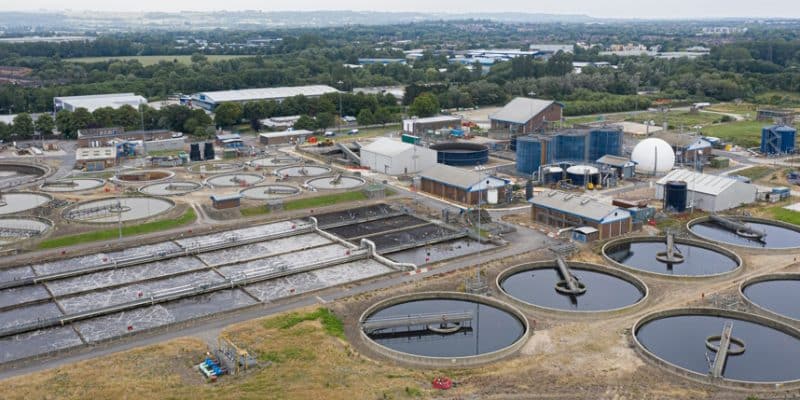The Green Climate Fund (GCF) will be helping to finance the Water Reuse Programme (WRP) in South Africa, to the tune of $235 million. Standardised within the Water Partnerships Office (WPO), a programme office hosted by the Development Bank of Southern Africa (DBSA), the initiative aims to secure the water supply of populations in the face of drought.
On 11 July 2023, the Green Climate Fund (GCF) approved the South African government’s funding application for the Water Reuse Programme (WRP). The decision was taken at the 36th Board of Directors meeting held in Songdo, South Korea. According to the Development Bank of Southern Africa (DBSA), which announced the news to South Africans, the United Nations (UN) financial mechanism will commit a total of 235 million dollars to the WRP.
This national programme will facilitate the preparation, implementation and extension of treated wastewater reuse projects in the country’s municipalities. This will be achieved through the provision of acceptable financing in line with ESG (environmental, social and governance) impact monitoring in municipalities most vulnerable to drought, such as Nelson Mandela Bay in the Eastern Cape. “Between 22% and 32% of South Africans still use water from unprotected sources. This has an impact on South Africa’s ranking, which is currently 30th on the world list, with three of its nine provinces declared drought disaster areas”, laments Catherine Koffman, the group director in charge of project preparation at the DBSA.
Increasing the climate resilience of 3.4 million people
The WRP is standardised within the Water Partnerships Office (WPO), a dedicated programme office belonging to the Department of Water and Sanitation (DWS) and housed at the DBSA. “The programme also aims to attract private sector investment, which will pave the way for future growth by considering water as a new asset class to stimulate and activate the market for the reuse of treated wastewater”, explains Henry Gonzalez, GCF’s Executive Director.
The programme will be implemented in two components. A treated wastewater reuse unit will be set up to support the preparation, financing and construction of wastewater treatment plants in several municipalities in South Africa, powered by renewable energies to avoid fossil fuel emissions. As part of the WRP, a national and regional public awareness and education campaign will be conducted to ensure the successful scaling up and implementation of water reuse projects in South Africa. The second component of the programme will focus on developing an alternative financing solution to support the large-scale roll-out of wastewater reuse projects.
Read Also –
“As the WRP matures, the programme bonds will define the asset class with the aim of achieving greater development impact, particularly on UN Sustainable Development Goals (SDGs) 6 and 14, which relate to clean and safe water and sanitation, sustainable oceans and private sector involvement in development efforts,” says DBSA. The initiative will directly benefit more than 3.4 million people in South Africa.
Inès Magoum







